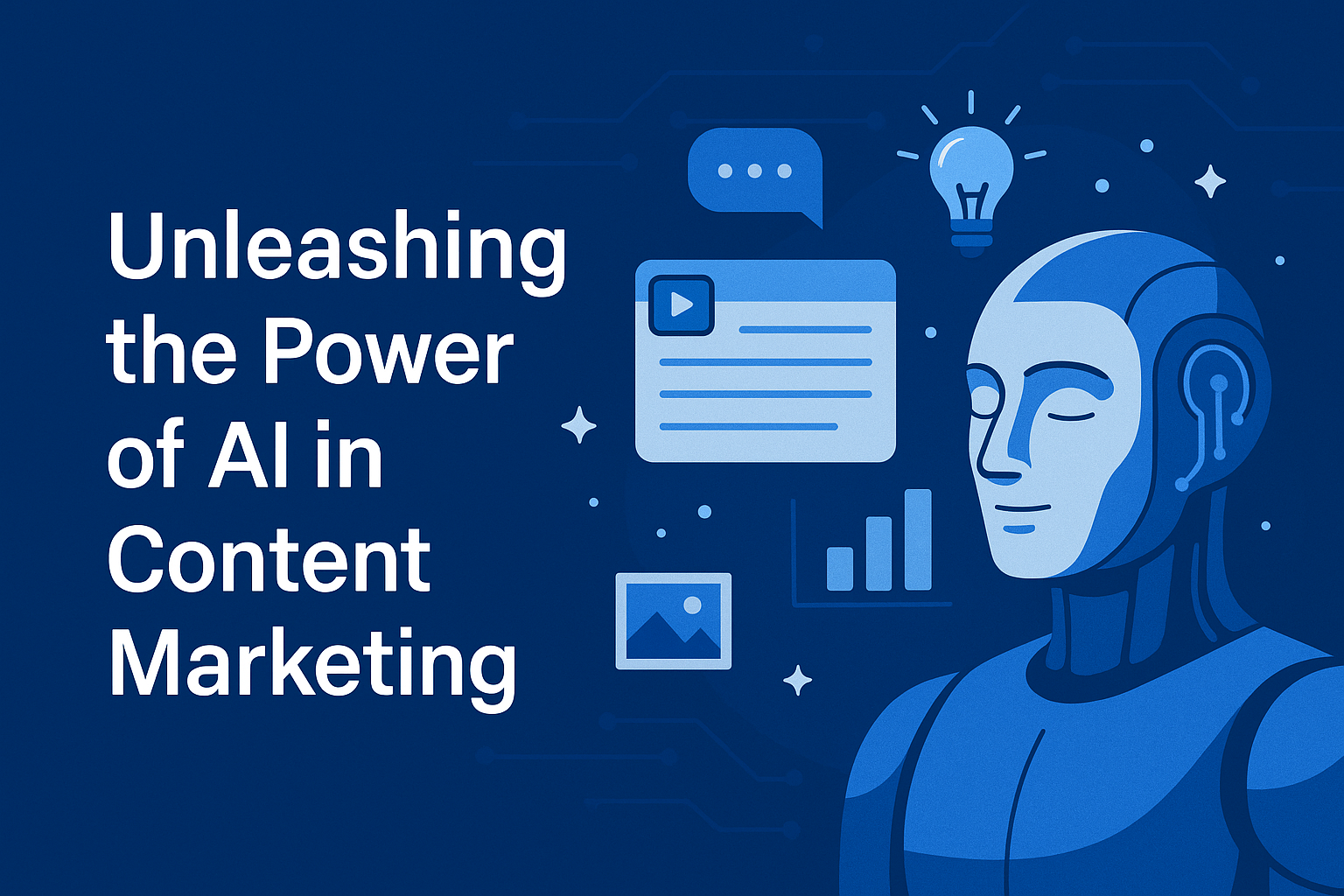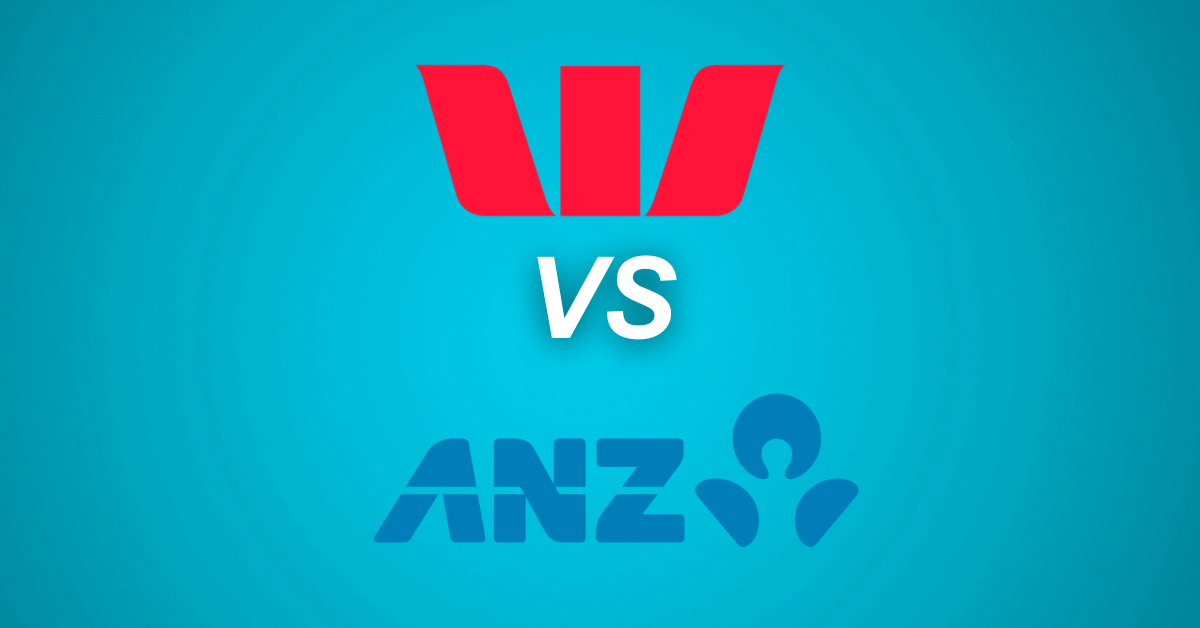In today’s rapidly evolving digital landscape, staying ahead in content marketing requires more than just creativity—it demands innovation and strategic integration of technology. As AI continues to revolutionize various industries, its impact on content marketing is proving to be both transformative and indispensable.
By harnessing AI in content marketing, businesses can unlock unprecedented possibilities, from enhanced content personalization to streamlined automated content creation processes.
This comprehensive exploration will dive into the benefits of AI, showcasing how AI tools for marketers can elevate content strategies and drive growth.
Join us as we unravel the potential of AI to not only meet but exceed the dynamic needs of modern marketing professionals and business owners.
Understanding AI in Content Marketing
AI is revolutionizing content marketing, offering new ways to create, distribute, and analyze content. Let’s explore its definition, evolution, and impact on marketing strategies.
Defining AI in Content Marketing
Artificial Intelligence – (AI) in content marketing refers to the use of machine learning algorithms and advanced data processing to automate and enhance various aspects of content creation and distribution.
AI systems can analyze vast amounts of data to identify trends, predict audience preferences, and generate content tailored to specific user segments. This technology enables marketers to deliver more personalized and engaging content at scale.
Key components of AI in content marketing include natural language processing (NLP), machine learning, and predictive analytics. These tools work together to streamline content workflows and improve marketing outcomes.
Evolution of AI Technologies
The journey of AI in content marketing has been marked by rapid advancements and increasing sophistication.
Early AI applications focused on basic automation tasks, such as scheduling social media posts or generating simple reports. As technology progressed, AI capabilities expanded to include more complex functions like content optimization and audience segmentation.
Recent developments have seen the emergence of AI-powered content creation tools, capable of generating human-like text and even visual content. This evolution has transformed AI from a supportive tool to a central component of many content marketing strategies.
The integration of AI with other technologies, such as big data analytics and IoT, has further expanded its potential in the marketing landscape.

Impact on Marketing Strategies
AI has fundamentally altered how marketers approach content creation and distribution.
By leveraging AI, marketers can now make data-driven decisions with greater accuracy and speed. This has led to more targeted campaigns, improved ROI, and enhanced customer experiences.
AI-powered tools enable real-time content personalization, allowing marketers to deliver the right message to the right audience at the right time. This level of precision was previously unattainable with traditional marketing methods.
The impact of AI extends beyond content creation, influencing areas such as customer service, lead generation, and performance tracking. As a result, marketing strategies have become more holistic and interconnected.
Benefits of AI for Businesses
AI offers numerous advantages for businesses, from increased efficiency to deeper customer insights. Let’s examine the key benefits in detail.
Efficiency and Productivity Gains
AI technologies significantly boost efficiency and productivity in content marketing operations.
By automating routine tasks such as content curation, social media scheduling, and basic reporting, AI frees up valuable time for marketers to focus on strategic activities. This shift allows for more creative and high-value work.
AI-powered tools can analyze content performance in real-time, enabling quick adjustments to campaigns for optimal results. This agility leads to more effective resource allocation and improved ROI.
Machine learning algorithms can identify patterns and insights from vast datasets much faster than humans, accelerating decision-making processes and reducing time-to-market for new content initiatives.
Enhanced Content Personalization
AI enables a level of content personalization that was previously unattainable, leading to more engaging and effective marketing campaigns.
By analyzing user behavior, preferences, and historical data, AI can tailor content to individual users or specific segments. This personalization extends to various aspects of content, including topics, tone, format, and delivery timing.
AI-driven recommendation engines can suggest relevant content to users, increasing engagement and time spent on platforms. This not only improves user experience but also boosts key metrics such as conversion rates and customer loyalty.
Dynamic content optimization powered by AI ensures that each piece of content is presented in the most effective way for each user, maximizing its impact and relevance.
Improved Customer Insights
AI provides deeper, more actionable insights into customer behavior and preferences.
Advanced analytics powered by AI can process vast amounts of structured and unstructured data from multiple sources, uncovering patterns and trends that might be missed by human analysis.
Sentiment analysis tools can gauge customer reactions to content across various platforms, providing a comprehensive view of brand perception and content effectiveness.
Predictive analytics capabilities allow marketers to anticipate future customer needs and behaviors, enabling proactive content strategies that stay ahead of market trends.
Automated Content Creation Explained
Automated content creation is transforming the way marketers produce and distribute content. Let’s explore how it works, the tools available, and its advantages and limitations.
How Automation Works
Automated content creation leverages AI algorithms to generate written, visual, or audio content with minimal human intervention.
The process typically involves:
-
Data input: Feeding relevant information and parameters into the AI system.
-
Analysis: The AI analyzes the input data and existing content patterns.
-
Generation: Based on the analysis, the AI creates new content.
-
Refinement: Optional human editing or AI-driven improvements.
Natural Language Processing (NLP) and Natural Language Generation (NLG) technologies play crucial roles in understanding context and producing coherent, human-like text.
Machine learning algorithms continuously improve the quality of generated content by learning from feedback and performance metrics.
Tools for Automated Writing
Several AI-powered tools have emerged to assist in automated content creation:
-
GPT-3 based platforms: Utilize advanced language models for generating human-like text across various formats.
-
Automated blogging tools: Create blog posts and articles based on keywords and outlines.
-
Social media content generators: Produce engaging posts tailored to different social platforms.
-
Email marketing assistants: Craft personalized email content and subject lines.
-
Video script generators: Develop scripts for video content based on key points and tone preferences.
These tools often integrate with content management systems and marketing platforms for seamless workflow integration.
Pros and Cons of Automation
Automated content creation offers several advantages:
-
Increased content production speed
-
Consistency in tone and style
-
Cost-effectiveness for large-scale content needs
-
24/7 content generation capability
However, it also has limitations:
-
Potential lack of creativity and original ideas
-
Risk of generating generic or repetitive content
-
Difficulty in capturing brand voice and nuanced messaging
-
Ethical concerns regarding AI-generated content
Balancing automated and human-created content is often the most effective approach for many marketing strategies.
AI Tools for Marketers
AI tools are becoming indispensable for modern marketers. Let’s explore top platforms, integration strategies, and success stories.
Top AI Platforms and Software
The market offers a diverse range of AI tools for content marketing:
-
Content Creation: Platforms like Jasper.ai and Copy.ai for generating written content.
-
SEO Optimization: Tools such as MarketMuse and Frase for AI-driven SEO strategies.
-
Social Media Management: Hootsuite Insights and Sprout Social for AI-powered social analytics.
-
Email Marketing: Persado and Phrasee for AI-optimized email campaigns.
-
Visual Content: Canva’s AI features and Adobe Sensei for design assistance.
Each tool offers unique features catering to different aspects of content marketing, from ideation to distribution and analysis.
Integrating AI in Your Workflow
Successful integration of AI tools into marketing workflows requires a strategic approach:
-
Identify key areas where AI can add value to your existing processes.
-
Start with pilot projects to test AI tools and gather feedback.
-
Provide training to team members to ensure effective use of AI technologies.
-
Establish clear guidelines for AI usage, including ethical considerations.
-
Regularly review and adjust your AI integration strategy based on performance metrics.
Seamless integration often involves connecting AI tools with your CRM, content management system, and analytics platforms for a cohesive workflow.
Case Studies and Success Stories
-
Netflix: Leveraged AI for content recommendations, resulting in a reported $1 billion annual savings in customer retention.
-
The Washington Post: Used AI to generate short news reports, increasing content output without sacrificing quality.
-
Sephora: Implemented an AI chatbot for personalized product recommendations, leading to a 11% increase in booking rates for in-store services.
Key takeaways from these success stories:
-
AI can significantly enhance customer experience and engagement
-
Automation of routine tasks allows for focus on high-value activities
-
Personalization driven by AI leads to improved conversion rates
Future Trends and Innovations
The future of AI in content marketing promises exciting developments. Let’s explore emerging trends and prepare for the AI-enhanced landscape ahead.
Predictive Analytics in Marketing
Predictive analytics is set to revolutionize marketing decision-making processes.
AI-powered predictive models will analyze historical data, market trends, and consumer behavior to forecast future outcomes with increasing accuracy. This will enable marketers to anticipate customer needs and preferences before they even arise.
Advanced algorithms will optimize content distribution, predicting the best channels, timing, and formats for maximum engagement. This level of precision will significantly improve ROI on marketing efforts.
Predictive analytics will also play a crucial role in customer lifecycle management, identifying potential churn risks and opportunities for upselling or cross-selling.
AI-Driven Content Strategies
The future of content strategies will be increasingly shaped by AI technologies.
AI will enable hyper-personalization at scale, creating unique content experiences for individual users based on their preferences, behavior, and context. This will blur the line between mass communication and one-to-one marketing.
Content creation will become more collaborative between humans and AI, with AI systems generating initial drafts or ideas that human creators can refine and enhance.
Real-time content optimization will become the norm, with AI systems continuously adjusting content elements based on performance data and user interactions.
Preparing for an AI-Enhanced Future
To thrive in an AI-enhanced marketing landscape, businesses and professionals should:
-
Invest in ongoing AI education and training for marketing teams
-
Develop strategies that balance AI capabilities with human creativity and insight
-
Stay informed about emerging AI technologies and their potential applications
-
Address ethical considerations and transparency in AI usage
-
Foster a culture of experimentation and adaptability to leverage new AI tools effectively
By embracing these practices, marketers can position themselves at the forefront of AI-driven innovation in content marketing.




